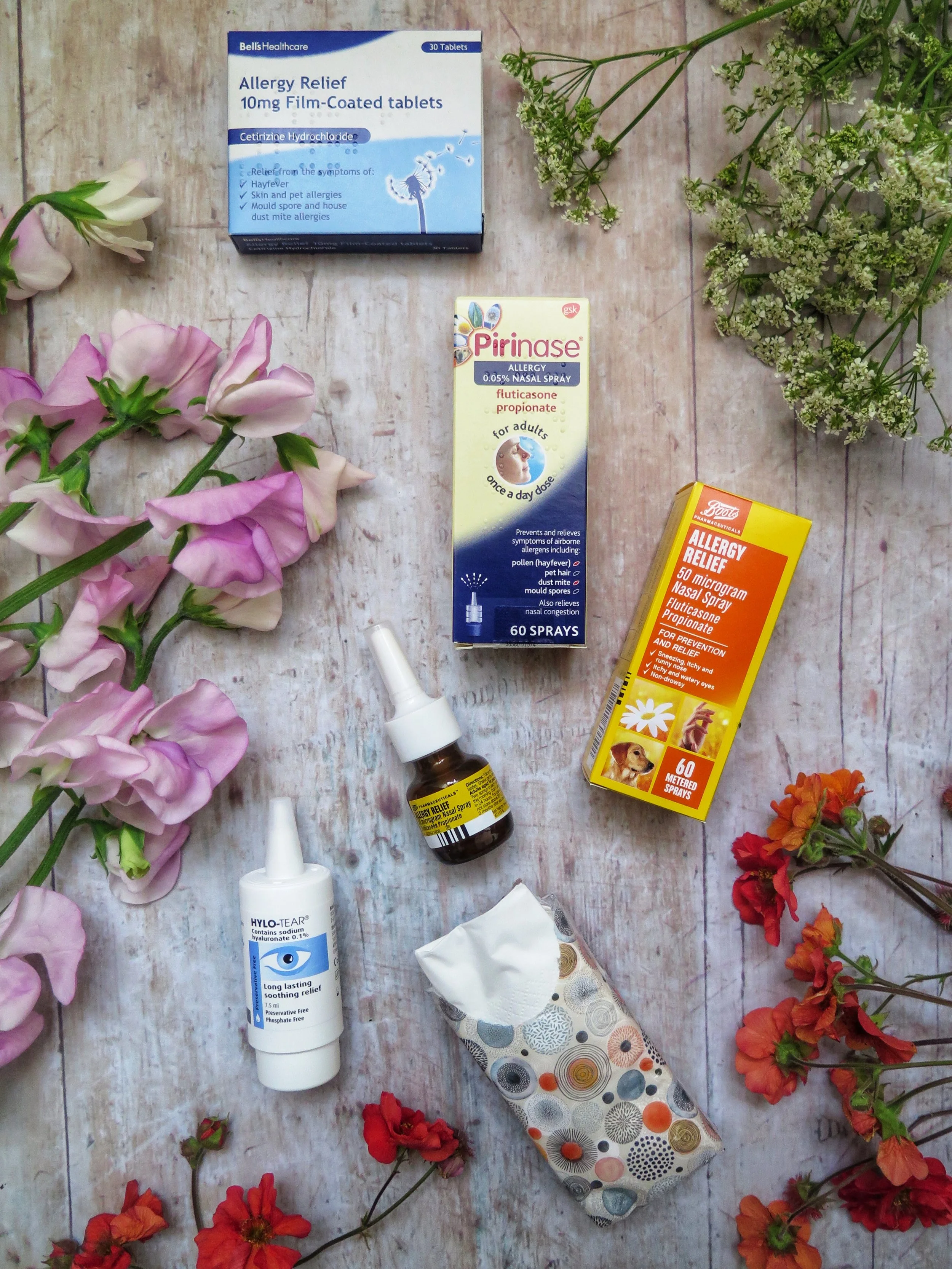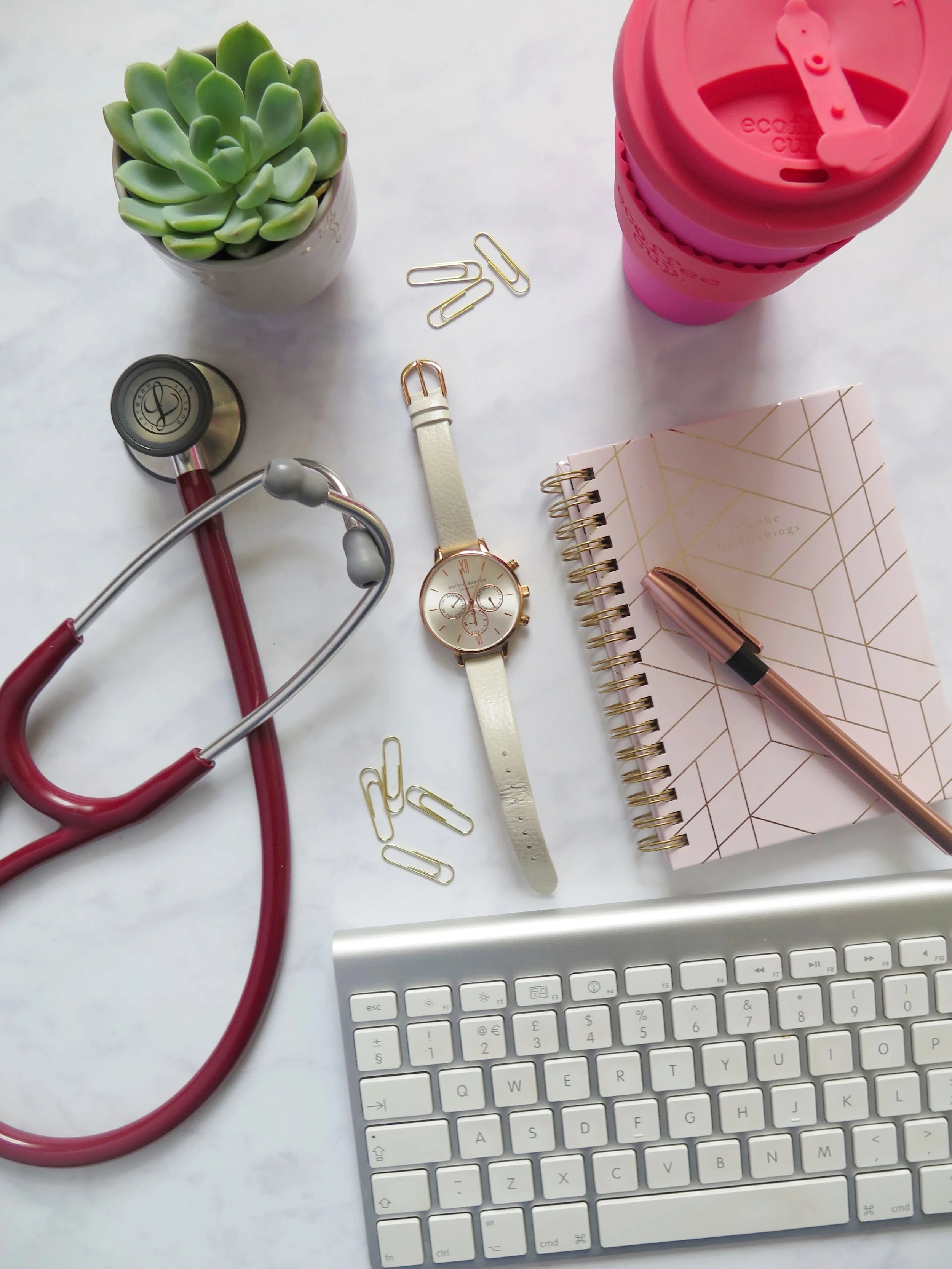Get Hayfever under control
Hayfever season is upon us and if you’re unlucky enough to be one of the sufferers you’ll know how miserable it can make you feel: gritty, sore, watering eyes; a running, itchy nose; and a scratchy feeling in your throat. Symptoms can be mild enough to just be annoying or severe enough to cause significant disruption to your day. But there are things that can be done to minimise the distress you feel. Treatment is best started before you get the symptoms, so if you know its going to be a high pollen count day, take some medication first thing. Or if you’re a regular hayfever sufferer and know what month of the year your symptoms start the best thing you can do is start taking some antihistamines at the start of the season, rather than waiting until you are affected.
So what medication is available for you to manage hayfever yourself? Probably the number one thing you can get hold of are some non-drowsy, once daily antihistamines such as cetirizine or loratadine. There are lots of different brands available but I would recommend saving your money and rather than getting a branded packet, get a supermarket or chemist own brand or even some from the pound shop. They contain exactly the same active ingredient but at a fraction of the cost of the big brands. You can also buy liquid versions of cetirizine and loratadine for children over the age of 2 or to take yourself if you can’t swallow tablets.
Chlorphenamine (brand name Piriton) tablets are also available and these can be extremely effective, but usually cause drowsiness so ideally I wouldn’t recommend unless you take it at bedtime or when you don’t need to drive or work.
If a once daily antihistamine isn’t getting rid of all your symptoms, the next thing to do is to start addressing the symptoms topically. So for eye symptoms, considering buying some eye drops such as sodium cromoglicate which can be applied up to 4 times a day for local relief. Sometimes a soothing lubricant eye drop can also be helpful.
For nasal symptoms I would strongly recommend an over the counter steroid nasal spray. There are currently two different kinds available over the counter: beclometasone and fluticasone propionate. Both can be taken 2 sprays up each nostril morning and evening, and then when your symptoms are under control you can reduce the dose to just once daily. Do read the instructions properly on how to use them because I have to confess I was doing it all wrong until I read the leaflet!
If you’re pregnant, or not keen on taking medication, there are still a few things you can do which might help. Putting a little bit of petroleum jelly (like Vaseline) just gently at the entrance to your nostrils can help to trap the pollen before it starts causing issues. There is some evidence that wearing sunglasses (particularly if they are a wraparound style) can help prevent eye symptoms. Keep your windows closed to limit pollen and allergens coming into your home and car windows shut, especially when out near fields of grass and rape seed. If possible, avoid doing activities which are likely to trigger your symptoms, like cutting the grass or drying clothes outdoors where they are more likely to come into contact with pollen, and sadly probably it’s best not to have freshly cut flowers inside your house.
There is some evidence that eating locally produced honey can help to prevent hayfever but you do need to start consuming this before the hayfever season starts and it must be honey from the area in which you live. I think this is a really fascinating area for potential hayfever management so watch out for a blog post just on this topic as the jury is still out about whether there is any true scientific evidence that it works or not and I want to do some research for you. But if you like honey and get some produced from where you live, where’s the harm in giving it a try?
If these remedies are not helping your symptoms within a week or two, make an appointment to talk to your GP. We have stronger non drowsy antihistamines such as fexofenadine available to prescribe, as well as alternative eye drops and steroid nasal sprays. In very severe resistant cases, if the prescription only treatment is not working, you may be given a course of oral steroids or referred to the allergy clinic for immunotherapy.
When your symptoms do get under control, the most important thing is to keep taking whatever medication is working for you throughout the hayfever season. You may be able to just take it on high pollen count days and there are some excellent apps which let you know what the pollen count is like for your area. I particularly like the free Klara app which gives you a local forecast for grass, tree and weed pollen count for your area.
However for some people they need to take medication every day through the hayfever season which for a lot of people can last from April to September. Often if you stop taking whatever is working the symptoms will recur.
I hope this helps because I know how awful hayfever can be. If you really are struggling despite the above methods, do book an appointment to talk things through further with your GP because you really don’t need to suffer.






